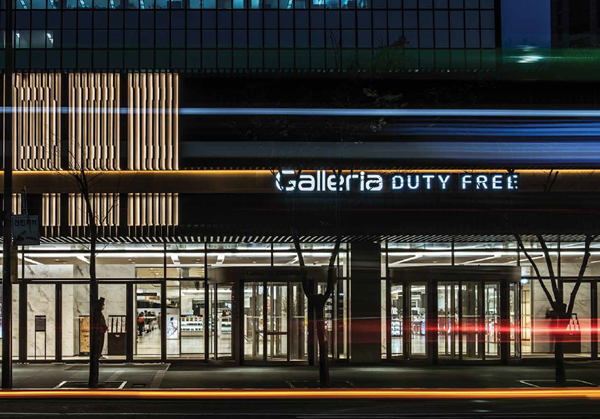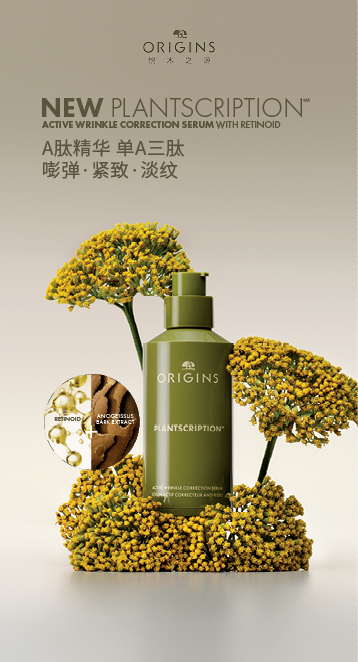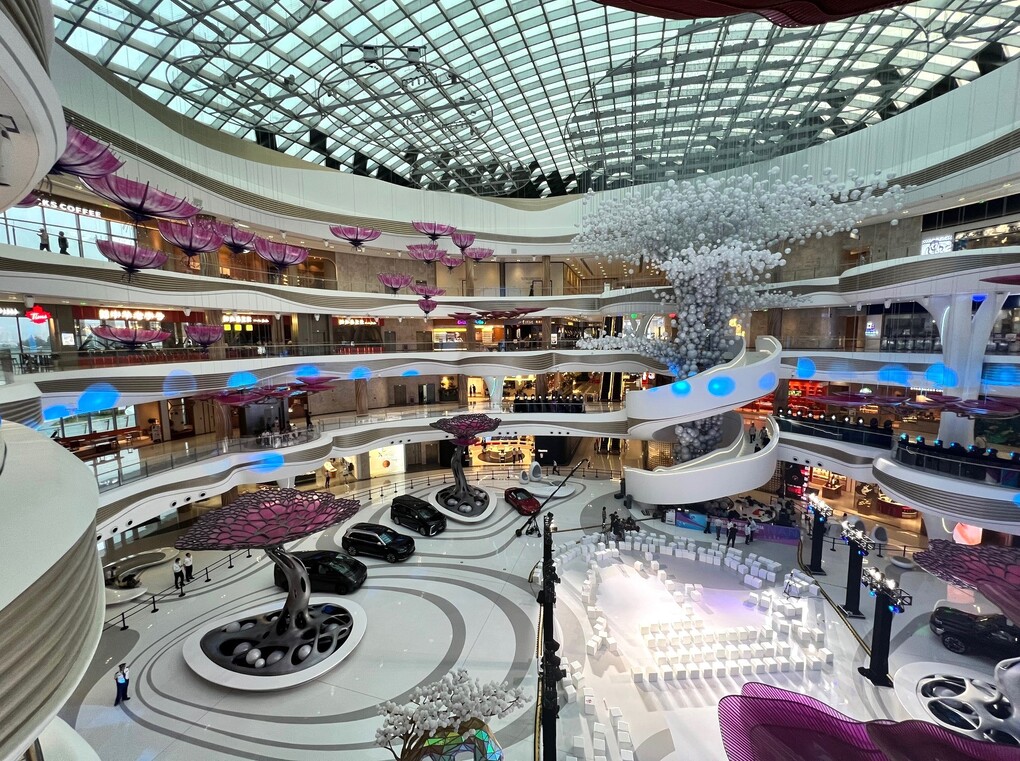SOUTH KOREA. Despite widespread concerns before the COVID-19 crisis of an over supply of duty free stores – and a disastrous channel performance since the outbreak began – the Ministry of Economy and Finance (MOEF) announced Friday that it will permit two additional downtown shops to be operated by large conglomerates, one each in Seoul and Jeju Island, writes Min Yong Jung* in Seoul.
Most industry participants and observers will be scratching their heads wondering how and why the MOEF could find in favour of issuing additional downtown duty free store permits at a time when some existing players have exited, and large travel retailers are recording heavy losses
In an official statement MOEF said: “Despite the worsening situation as a result of the coronavirus, the decision to grant one downtown duty free shop each in Seoul and Jeju was taken in consideration of the need to respond to the growing market after the coronavirus and in order to lower the entry barrier for potential operators.”
Most industry stakeholders will be dismayed by the decision. Large conglomerates such as Doosan and Hanwha, and several SMEs such as SM Duty Free have either exited (or signalled their exit) or scaled down their duty free businesses over the past years, marking an exodus from the once-coveted channel.

A committee comprising civilians (10) and government (7) members reasoned that the decision to increase store numbers now was that the government’s permit award review process takes five to six months – and, contentiously, that the permits were required in a normalised post-coronavirus duty free market.
The MOEF release stated that the government is working to lower the barriers to market entry and considering the past performance of the Korean duty free market, new permits were warranted in Seoul and Jeju. It noted that the Seoul and Jeju markets have increased by +38% and +48%, respectively, over the past three years.
According to MOEF, the Korean Customs Service will receive applications for the permits this month and new retailers will selected by year end or early 2021.
Market bemusement
Most industry participants and observers will be scratching their heads wondering how and why the MOEF could find in favour of issuing additional downtown duty free store permits at a time when some existing players have exited, and large travel retailers are recording heavy losses.
The Korean duty free market is a very different place from 2016 when five companies jumped at the opportunity to land one of three new store permits in Seoul. In 2019, Hyundai Duty Free was the only applicant in a government tender that had been looking to award six duty free licences.

Despite the government’s stated goal of decreasing barriers to entry, any such legal constraints are not behind a dramatic decline in applicants for new permits. New firms are simply unable to compete with giant enterprises such as Lotte, Shilla and Shinsegae, which have economies of scale, great purchasing power, and retailer and brand equity which attracts the daigou resellers, now so key to Korean duty free.
According to the Korean media, interest in the new duty free permits will be low though Shinsegae Duty Free, which currently operates two Seoul downtown stores, may be interested in operating a downtown duty free store in Jeju. The island was a hugely popular destination for Chinese tourists pre-COVID-19 and is likely to be among the first areas to recover post the crisis. Recent sector newcomer Hyundai Duty Free, which has two stores in Seoul, is another candidate for the Jeju licence.
Either Shinsegae or Hyundai would pose serious competition for Lotte Duty Free and Shinsegae Duty Free, whose respective downtown duty free stores on Jeju have seen exponential sales growth in recent years, until COVID-19 brought the trajectory to a shuddering halt.

Both stores run by the big two grossed more than KRW1 trillion (US$832 million) in 2019 and joined the list of lucrative Korean travel retail stores that generated sales of over KRW1 trillion annually. That line-up also includes five operations in Seoul: Lotte Duty Free in Myeong-dong; Lotte World Tower Duty Free; The Shilla Duty Free; Shinsegae Duty Free in Myeong-dong; and HDC Shilla.
Shinsegae had worked year round to secure a site that would be ready in Jeju once the government got around to issuing a new permit (see https://www.moodiedavittreport.com/shinsegae-reveals-plans-to-enter-jeju-downtown-duty-free-market/).
But its plan to construct Korea’s largest downtown duty free store hit a brick wall in early June. With the COVID-19 outbreak continuing, the retailer cancelled a deal to acquire the Jeju New Crown Hotel, paying a KRW2 billion (US$1.7 million) cancellation fee in the process. Shinsegae Duty Free told The Moodie Davitt Report that it will await KCS’s official tender and review the business opportunity before making a final decision on any Jeju entry.
Demand for new permits is expected to be low as regulatory risks remain higher than ever. The latest amendment to the ‘Distribution Industry Development Act’ proposed by the ruling Minjoo Party national assembly members Dong-joo Lee and Ik-pyo Hong requires that downtown duty free stores be subject to mandatory one-day store closures per month in the interests of staff welfare. As the ruling party holds over 60% of the seats of the 21st National Assembly, the chances of the National Assembly passing the amendment are high.
*Note: Korean national Min Yong Jung, formerly based in London and now in Seoul, is Senior Retail and Commercial Analyst at The Moodie Davitt Report. His appointment in June 2019 was the first of its kind in travel retail media. It marked the creation of the Moodie Davitt Business Intelligence Unit, a new division designed to provide a previously unseen level of research and analysis for the travel retail channel.
Do you have research needs related to the Korean and Asia Pacific travel retail and luxury markets? Min Yong Jung can be contacted at minyong@moodiedavittreport.com











